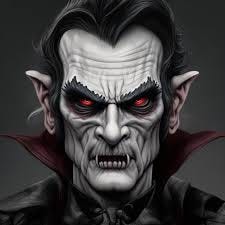There are few characters that have quite managed to stir men’s fascination or women’s loins, quite like Count Dracula. The fiction version of Vlad the Impaler, hero of Wallachia, and saviour of Christendom. Dracula is a fascinating character to say the least, with some idealizing him, others regarding him with fairly justifiable horror while still other…
© 2025 Brothers Krynn
Substack is the home for great culture



